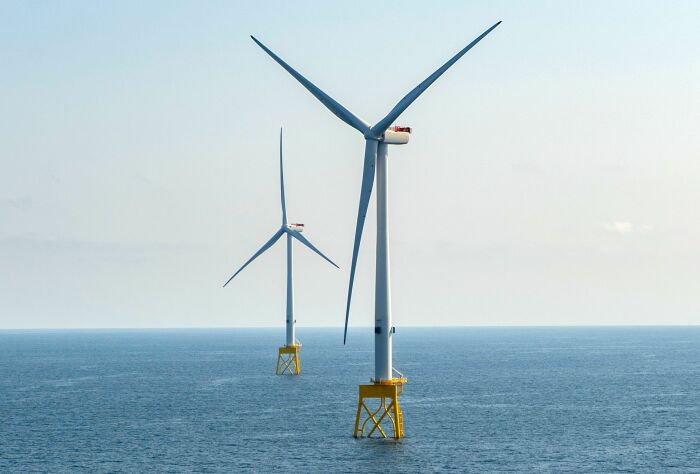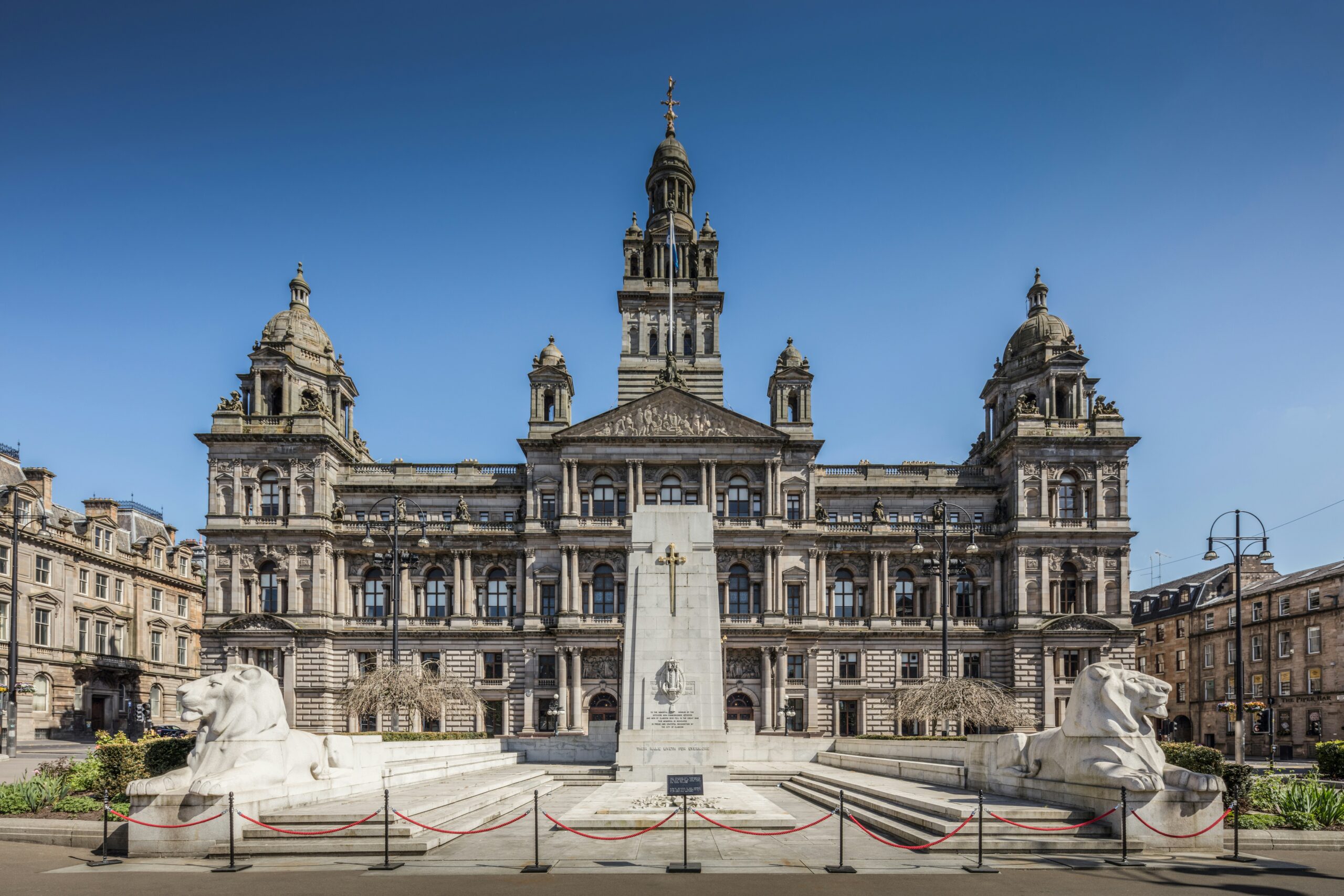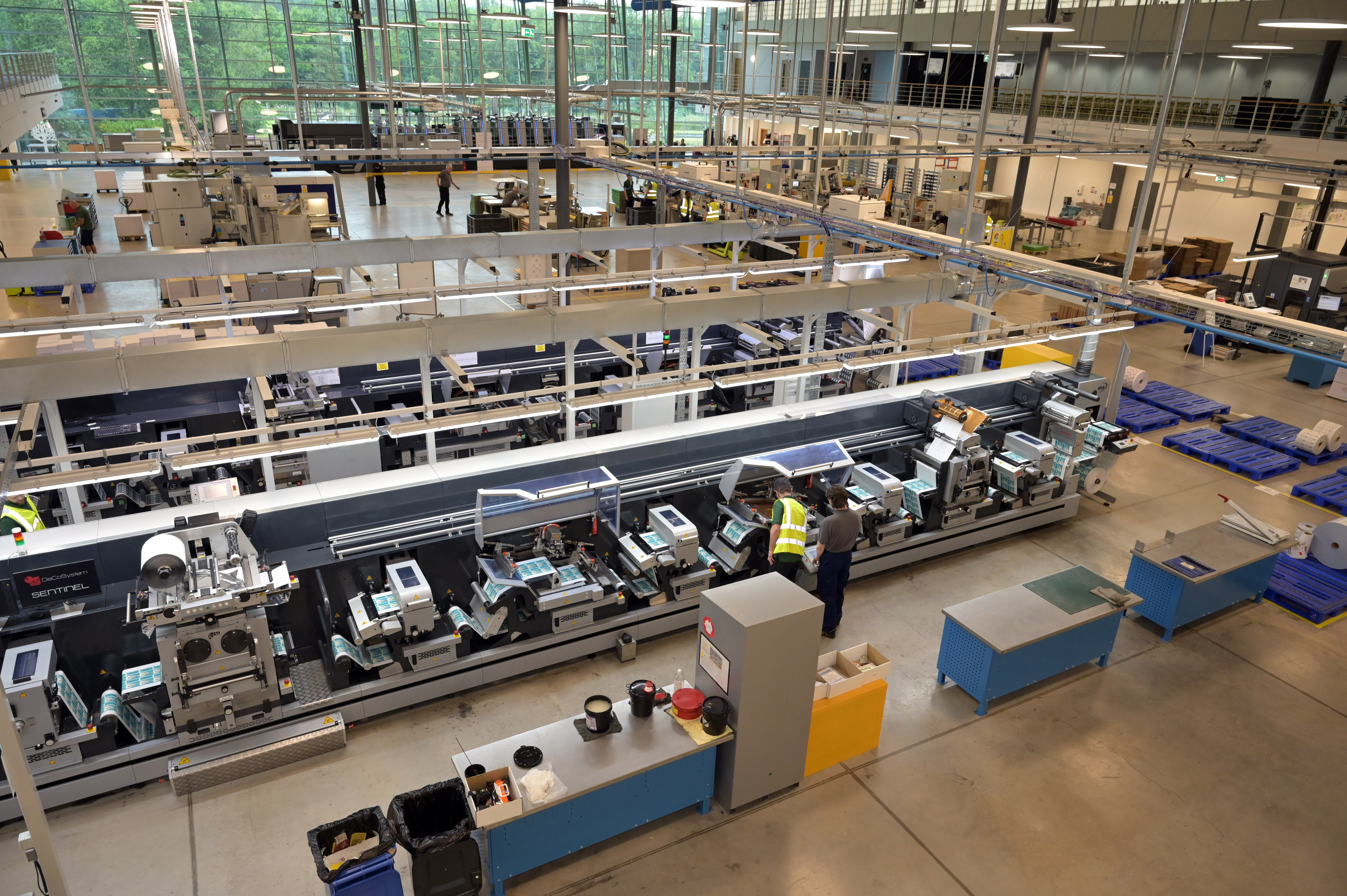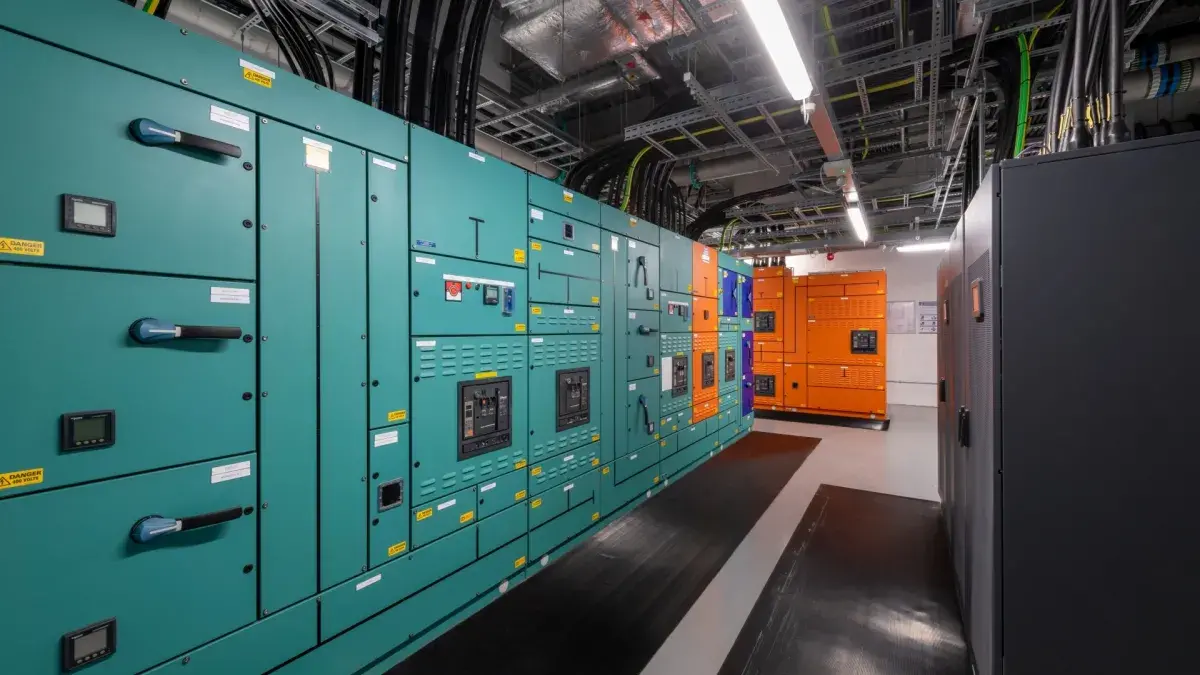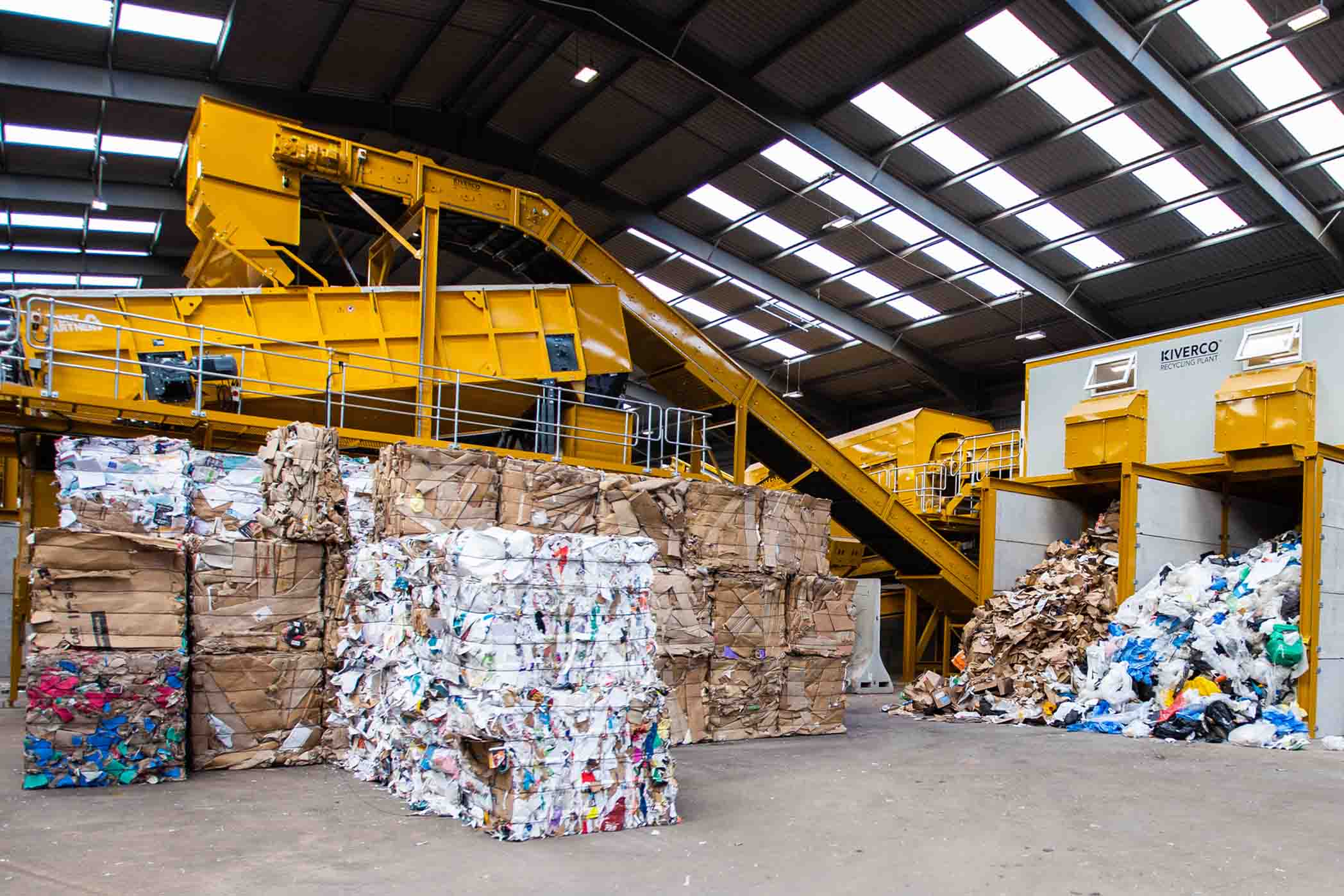
Dar Al Mimar Group (DMG) is the largest vertically integrated holding covering real estate development in Egypt. The group focuses on world-class standards and operates in three sectors: engineering, real estate, and hospitality through its subsidiaries.
Since 2005 Mountain View is among Egypt’s leading private property development companies. DMG has developed and now manages over 10 first tier residence and resort projects across Egypt in prime locations throughout East and West Cairo, the Red Sea Coast and the North Coast. This proven track record was paramount in securing one of the Egyptian government’s most important and strategic residential projects, the EUR 5 640 million Mountain View iCity projects in New Cairo and 6th of October.
How do you assess Egypt’s economy?
Egypt is at an inflection point following some turbulent years which we are coming out of. The nation’s economy is growing, and I am confident GDP growth will reach 7% and even higher. It is important to note Egypt is growing within a reform agenda which is important for the sustainability of the economy. Although difficult on the population these reforms on government spending have been needed for decades and today have strengthened the nation. They are allowing government spending to focus on much-needed infrastructure roads which will have a multiplier effect on the national economy and facilitate urbanization.
How are Egypt’s megacities and new administrative capital meeting the needs of the growing population?
In the time of Pharaohs, Egypt’s population was below one million and lived on 3% of the land. Egypt’s population in 2018 will soon surpass 100 million and we live on 6% of the land. We clearly see Egypt has fallen behind in urbanization and capitalizing on Egypt’s natural wealth requires fostering urbanization projects throughout. This has led the government to focus on megaproject developments that can quickly and efficiently increase urbanized land in Egypt to reach at least 16% in the next 20 years.
Cairo is the oldest capital in the world and was designed for a population of 5 million. It is currently the fastest growing city in the world with its population reaching 22 million during the day and decreasing to 18 million at night. There is no question about why all the new megacities sprouting throughout Egypt are needed.
The expansion into the New Administrative Capital is in part to alleviate the problems overpopulation cause downtown Cairo. It can be argued that Egypt is not moving its Capital, simply expanding greater Cairo. The New Administrative Capital will allow government entities to utilize more suitable office spaces designed to meet their needs. This will allow innovative initiatives to recover our precious heritage in Downtown Cairo and bring it to its former glory similar to what Solidere was able to accomplish in downtown Beirut.
How do you assess Egypt’s real estate sector?
The real estate and construction sectors represent 16% of the real economy and are crucial for the nation’s development. They represent a bigger stake than the Suez Canal or tourism. The sectors have been extremely resilient to exterior turmoils, have continued growing year or year, and are playing a crucial role in growing the Egyptian economy.
Egypt’s real estate business model is very different from abroad. High-interest rates in banks make selling off the master plan directly to clients through installments the most efficient strategy. Therefore banks are left out of the equation. This makes the Egyptian population key stakeholders and in a way investors in real estate developers. All Egyptians are engaged in the real estate sector and well aware of its developments.
Egypt’s residential housing demand, in particular, is fueled by two main drivers; The first is Egypt’s population of nearly 100 million which increases by 2% a year, combined with an urban migration rate which has seen the percentage of population living in urban areas rise from 40% to 60% in under three decades. This trend is accelerating rapidly and we will reach 70% within ten years.
The second driver behind residential real estate demand is fueled by over 1 million new marriages a year. Culturally, owning an apartment, or at least having a contract in hand for a home that is being built is crucial during a marriage proposal and usually, the first filter question potential in-laws make. Without a home, most conversations about marriage are short lived. This has engrained a homeownership culture upon Egypt’s massive youth segment which continuously supports real estate development projects.
The high-end residential real estate segment makes up 2-3% of the total market. The niche segment is becoming increasingly competitive and in 2018 we are for the first time seeing an oversupply and a potential saturation point. Nonetheless, the majority of the sector still faces a 30% deficit specifically in the nonprofitable low-income housing segment.
Even with megacities being built at record speed, the demand for new residential real estate significantly outstrips supply, especially in the middle-income housing segment.
What is the greatest challenge for real estate developers?
A core challenge in residential housing is offering affordability. Although the much needed national economic reforms made Egypt as a nation stronger, they deeply impacted and reduced the medium classes disposable income. Household income seen in EGP has tripled since 2006, but in USD terms has decreased 10% due to the flotation and inflation.
Egyptian’s purchase homes that are 2.5 times larger than the regional average. A shift has happened in the market where the population needs affordable and smaller apartment sized homes but desire the benefits and amenities of larger standalone villas. DMG capitalized on this trend in designing our Mountain View iCity project.
How is Mountain View iCity tackling affordability?
iCity is one of the first projects done in a partnership model with the government. It addresses affordability, payment terms, and land price inflation. iCity provided a new business model for the private sector that dealt with the sector’s challenges.
Mountain View iCity marks a new era. As the name iCity suggests, it is a smart city using fiber optics and technological advances everywhere. It is the size of Monaco, was planned in cooperation with one of the top design houses in the world, Callison RTKL Associates, and took into consideration Egyptian lifestyle insights. The Master Plan of iCity kept people in mind instead of cars. This was, and continues to be a differentiating factor on the backdrop of other large megacities built in Egypt where without a car you are stuck. iCity is a walkable project possessing a 10 km green corniche that reaches the commercial areas, country club and every corner making cars unnecessary.
DMG prides itself on innovation and this translated into affordability for residents. We realized that since the pyramids were built residential innovation has been on the back burner with Villas and apartments being very similar. Using consumer insight and our group’s vertical integration we challenged ourselves to think outside the box. The result was the creation of the iVilla concept. An affordable apartment with all the amenities of a Villa, which when initially launched a few years ago was the best selling product on the market due to its incredible price-quality relationship. We are now set to launch iVilla 2.0 and an iApartment in early 2019 that will highlight Egyptian innovation within the real estate sector while increasing resident quality of life at affordable prices.


